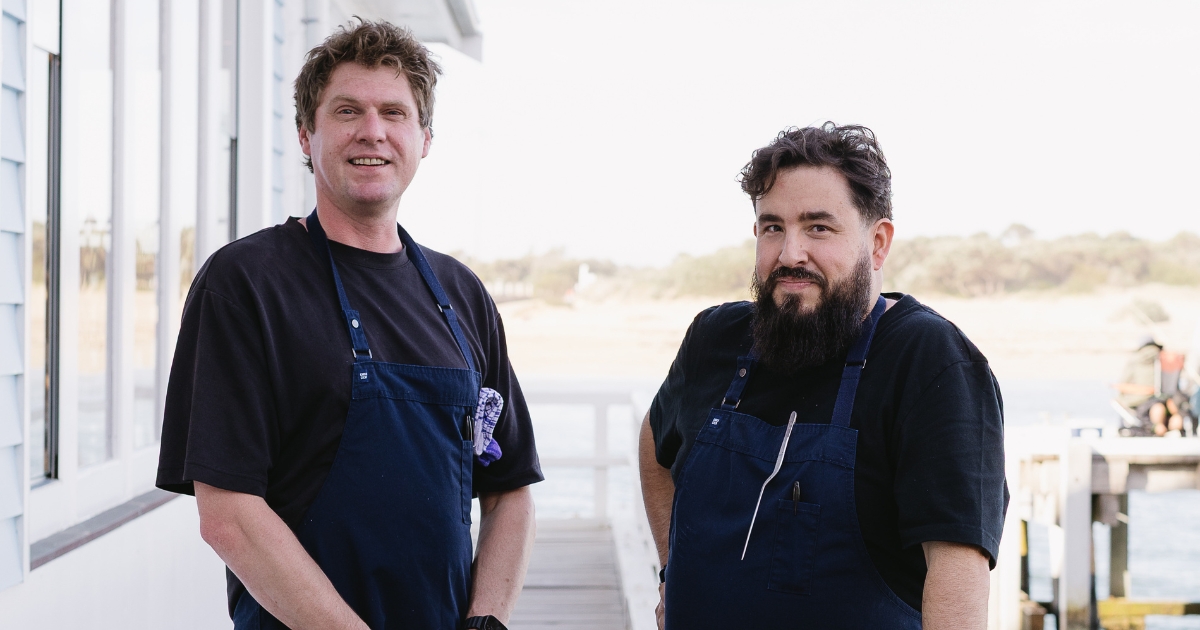New toolkit levels the playing field

The toolkit, published by Deaf Children Australia, provides local sports and recreation clubs with a raft of resources to assist them in welcoming children who are deaf or hard of hearing. Photo: FACEBOOK/DEAF CHILDREN AUSTRALIA
A new program has been launched to assist local sport and recreational clubs in welcoming, including and supporting children who are deaf or hard of hearing (DHH).
Published by Deaf Children Australia (DCA), the Blueprint program is comprised of a series of resources aimed at empowering community organisations and helping them feel confident in including DHH children in mainstream sports.
The release of the Blueprint program was prompted by the results of a survey conducted by DCA, which found that parents of DHH children were unsure how to get their children involved in sports, music and other extracurricular activities.
For 90 per cent of the parents surveyed, this led to additional concerns about bullying, and for 84 per cent, concerns their child would miss out on making friends.
In a follow-up survey, 77 per cent of respondents stated their local communities had limited knowledge and skills to effectively communicate with a DHH child.
This mirrors the experience of 15-year-old Elizabeth “EJ” Richardson, who is profoundly deaf.
“Basketball, in particular, was really tough. Her coaches didn’t have any awareness around communicating with kids who had a hearing loss,” EJ’s mother Rebecca said.
“EJ came off the court a couple of times in tears because she couldn’t understand what was being communicated.
“It’s been hard… I’ve spent years investigating different sports that knew how to include EJ.”
EJ now plays tennis in an environment where she feels included and accepted.
DCA’s executive director David Wilson said children of all abilities should be included in extracurricular activities both “confidently and seamlessly”.
“Which is why we’ve developed the Blueprint program.
“These resources are free and easy for local sports and recreational clubs to integrate into their daily operations, creating a safe and inclusive environment for deaf and hard of hearing children and their hearing peers.”
The toolkit features a variety of posters, flashcards, information sheets, window decals and links to video content to assist with Auslan signs.
It also includes a series of 12 short videos sharing the lived experiences of DHH children, parents, coaches and clubs, including EJ, swimmer Nicholas Layton and dancer Amelia Kroehnert.
To download the free Blueprint program toolkit, head to deafchildrenaustralia.org.au/blueprint
DCA will also host online webinars on June 18 (for clubs) and 19 (for families), to further aid people in educating themselves on how to communicate with, and include, DHH children. Registration for the webinars can be made via the same website.

















